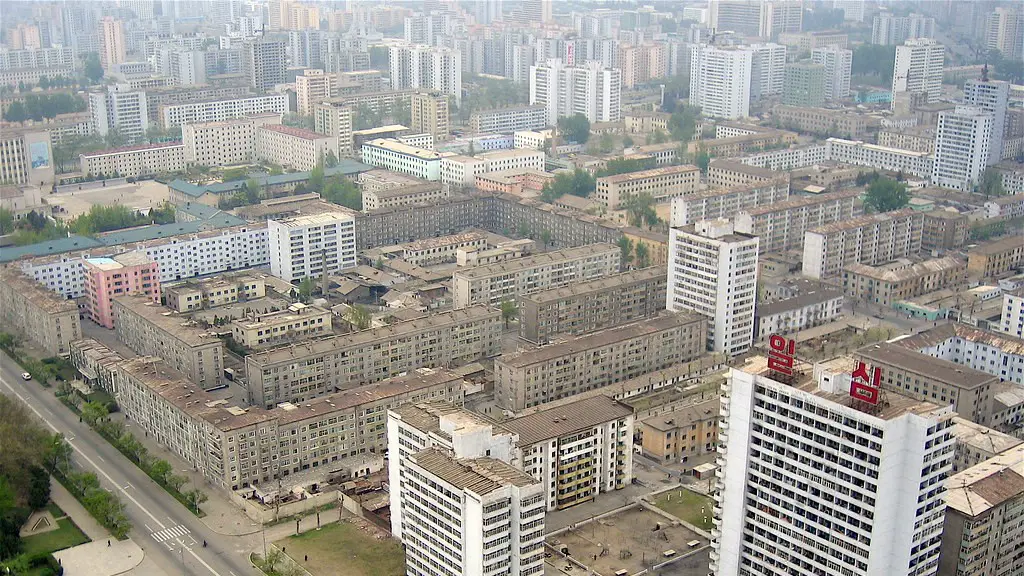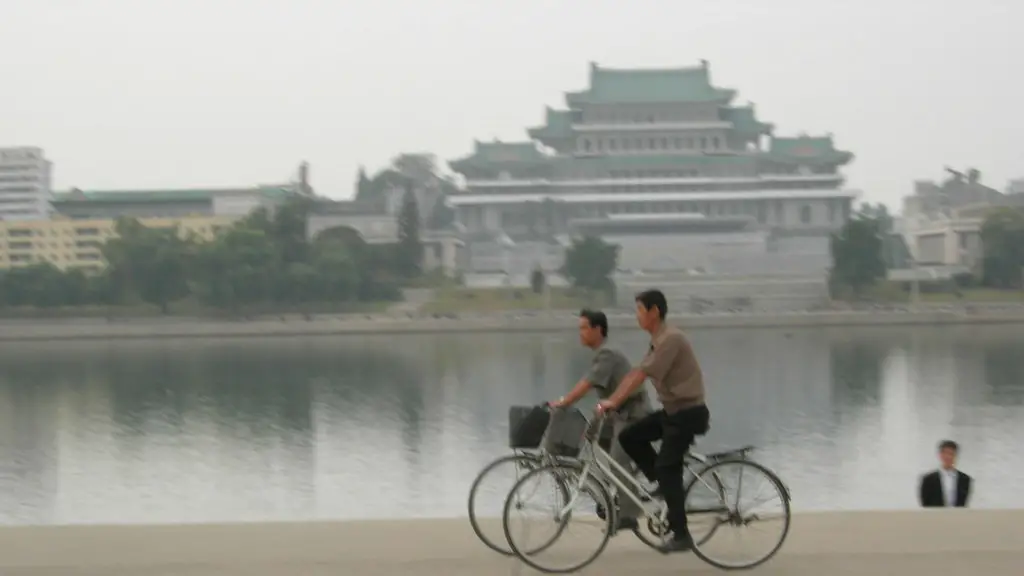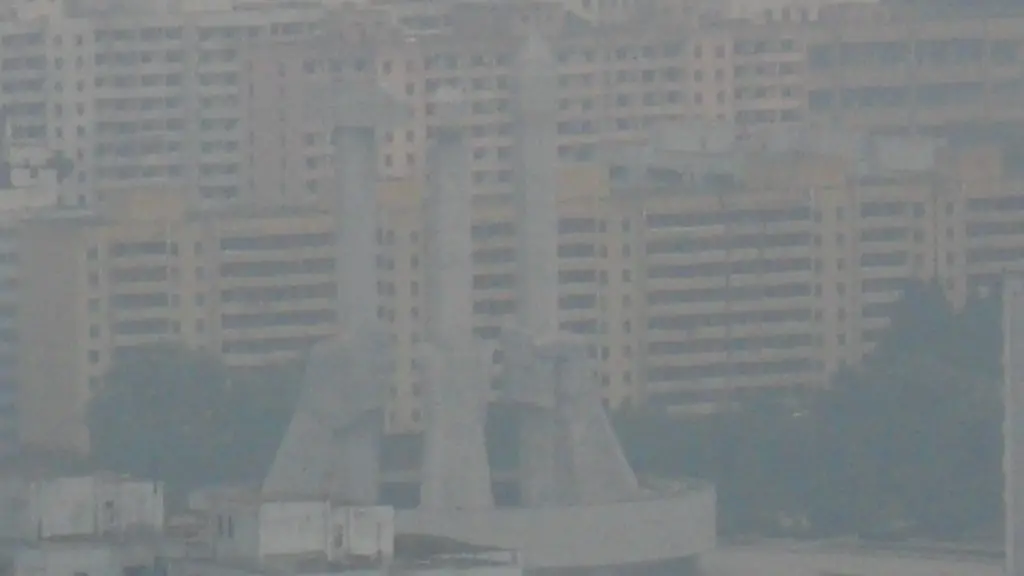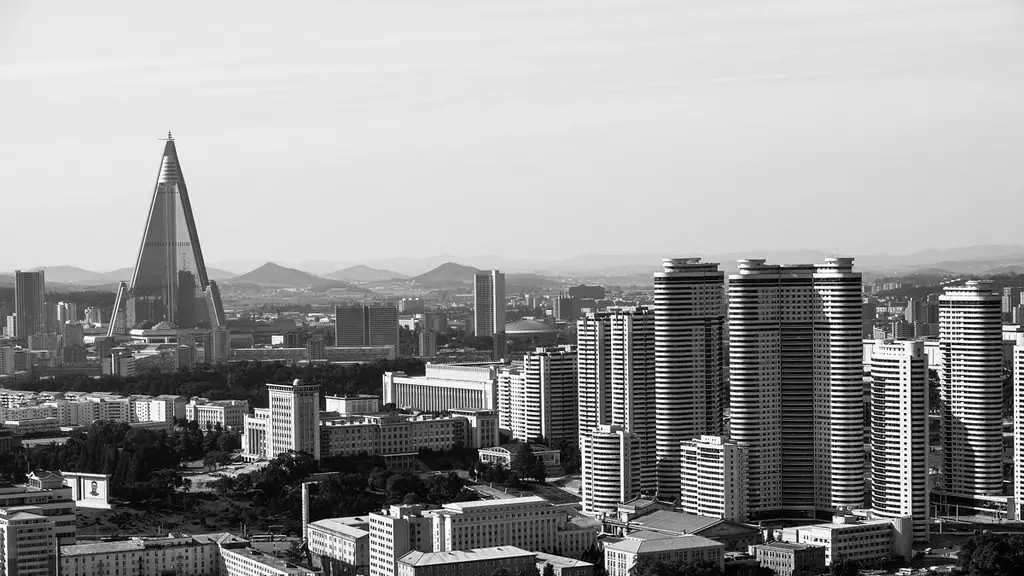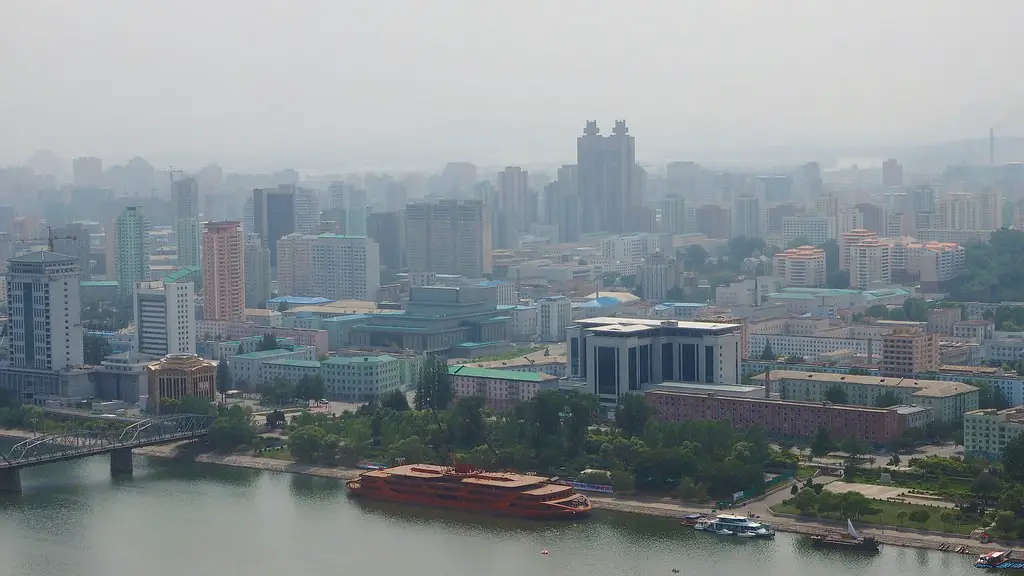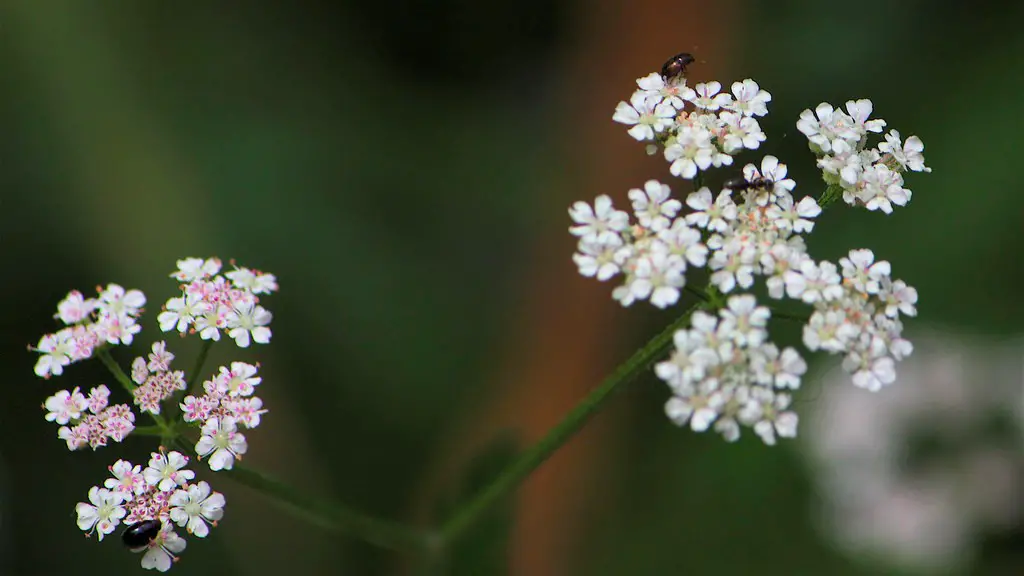North Korea is a unique country when it comes to government and politics. The country is a dictatorship, led by the Kim family. The government is highly centralized, and the country does not have any political parties. The government controls all aspects of life in North Korea, and citizens are not allowed to freely express their opinions. The government heavily restricts access to information, and most citizens know very little about the outside world.
North Korea is a dictatorship, which is a type of government in which one person or a small group of people have complete control over the country.
What type of government does North Korea use?
The Democratic People’s Republic of Korea (DPRK or North Korea) is an authoritarian state led by the Kim family for 70 years. The country is known for its human rights abuses, its nuclear program, and its poverty.
The North Korean political system is founded upon the principle of centralization. The constitution defines North Korea as “a dictatorship of people’s democracy” under the leadership of the Workers’ Party of Korea (WPK). The WPK is given legal supremacy over other political parties, meaning that it effectively controls the country. This system of government has been in place since the country’s founding in 1948.
Is North Korea Democratic or communism
In 2009, the North Korean government removed all references to communism from its constitution. However, in January 2021, the Workers’ Party of Korea (WPK) reasserted its commitment to communism. This change in stance may be due to the WPK’s desire to appeal to a wider range of supporters, or it may reflect the party’s increasing dissatisfaction with the country’s economic situation.
The North Korean constitution does guarantee some basic freedoms, such as freedom of speech and assembly. However, in practice, other clauses often take precedence over these rights. For example, the constitution requires citizens to follow a socialist way of life. This means that people are not free to express themselves freely or to gather together in groups without the approval of the government.
Is Korea a democratic country?
The Economist Intelligence Unit rated South Korea a “full democracy” in 2022. This is based on a number of factors, including the country’s peaceful transfer of power, freedom of the press, and freedom of assembly. South Korea also has a strong economy and a thriving civil society.
North Korea is a socialist state that holds sham elections. The country is ruled by a totalitarian dictatorship with a cult of personality around the Kim family.
What things are not allowed in North Korea?
If you’re planning a trip to North Korea, it’s important to be aware of the country’s strict laws about what you can bring in. Religious, pornographic, and political items are all illegal, and you must declare all published material and electronic devices when you arrive. It’s also illegal to knowingly or unknowingly possess items that breach North Korean law. So before you travel, make sure you’re familiar with the country’s rules and regulations.
The mass media in North Korea is strictly controlled by the government, and freedom of speech and press are not guaranteed. The government routinely disregards these rights, and seeks to mold information at its source.
Marxist–Leninist states are those states that follow the ideology of Marxism–Leninism, a communist ideology that aims to create a socialist society and a communist state. Marxist–Leninist states were first established in the Soviet Union and China after the Bolshevik Revolution in 1917 and the Chinese Communist Revolution in 1949, respectively.Since then, Marxist–Leninist states have been established in several other countries, including Cuba, Laos, and Vietnam. Marxist–Leninist states typically have a one-party system of government and a centrally planned economy.
The existing communist states in the world today are in China, Cuba, Laos, Vietnam, and North Korea (DPRK). These communist states often do not claim to have achieved socialism or communism in their countries but to be building and working toward the establishment of socialism in their countries.
Is North Korea a capitalist country?
The economy of North Korea is a centrally planned economy, following Juche, where the role of market allocation schemes is limited, although increasing. As of 2020, North Korea continues its basic adherence to a centralized command economy. However, there have been some recent changes, such as the introduction of a new currency, the increasing role of markets, and the opening up of some sectors to foreign investment. These changes are likely to continue, although the pace of reform is likely to be slow.
Since the detainment of American college student Otto Warmbier in 2016, the US Department of State has been advising against travel to North Korea. The risk of arrest and long-term detention of US citizens remains a serious concern, as North Korea does not recognize dual citizenship and considers US citizens to be subject to North Korean law while in the country. In addition, the North Korean government has been known to detain foreigners for political reasons, and US citizens have been held on false charges of “espionage” and “subversion.”
Are US citizens allowed in North Korea
However, in September 2017 the US Department of State issued a travel warning for North Korea, advising Americans not to travel to the country due to the risk of arrest and detention. In November 2017, the US government imposed a ban on American citizens travelling to North Korea as tourists.
The death penalty is a controversial issue in many countries, with a range of opinions for and against its use. In North Korea, the death penalty is used for a range of offences, including premeditated murder and so-called anti-state crimes such as treason, sedition, and acts of terrorism. While some people believe that the death penalty is a necessary and effective form of punishment, others argue that it is a violation of human rights, and that there is no evidence that it is effective in deterring crime.
Is Korea liberal or conservative?
The liberal movement in South Korea began as a ‘moderate right-wing’ movement against far-right dictatorship. However, in the current political structure of the South Korea in the 2020s, it has become a ‘moderate left-wing’ against the right-wing conservative movement. Liberalism in South Korea has thus undergone a political shift from right to left. This shift is largely due to the fact that the right-wing conservative movement has become increasingly right-wing and authoritarian, while the left-wing has become more progressive and democratic.
According to the Political Stability Index, South Korea has been relatively stable over the past few years. The average value for South Korea during that period was 04 points with a minimum of 011 points in 2014 and a maximum of 066 points in 2021. The latest value from 2021 is 066 points. For comparison, the world average in 2021 based on 194 countries is -007 points. South Korea’s stability is likely due to a variety of factors, including its strong economy, developed democracy, and active diplomacy.
Conclusion
North Korea follows the songun, or “military-first” policy. This means that the Korean People’s Army is the most powerful institution in the country, and plays a leading role in North Korean politics and the economy. The country is technically a democracy, with elections held every five years, but these are widely considered to be rigged in favor of the ruling party.
Since North Korea is a dictatorship, the government is led by a single person, the Supreme Leader, who has complete control over the country. The Supreme Leader is chosen by the previous Supreme Leader, and there is no election. The government is very secretive, and the people do not have any say in how the country is run.
